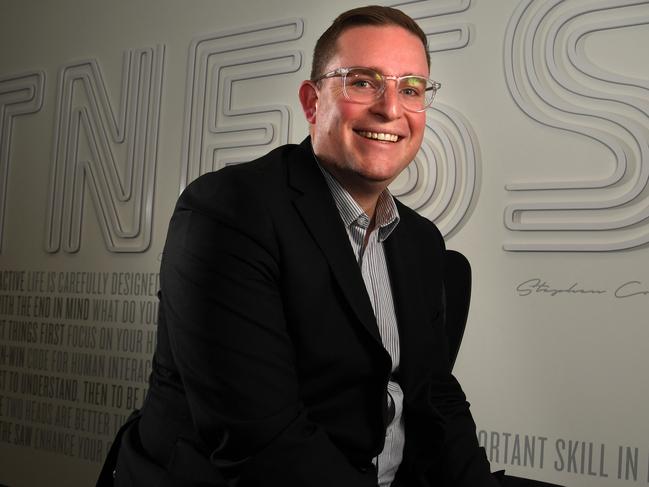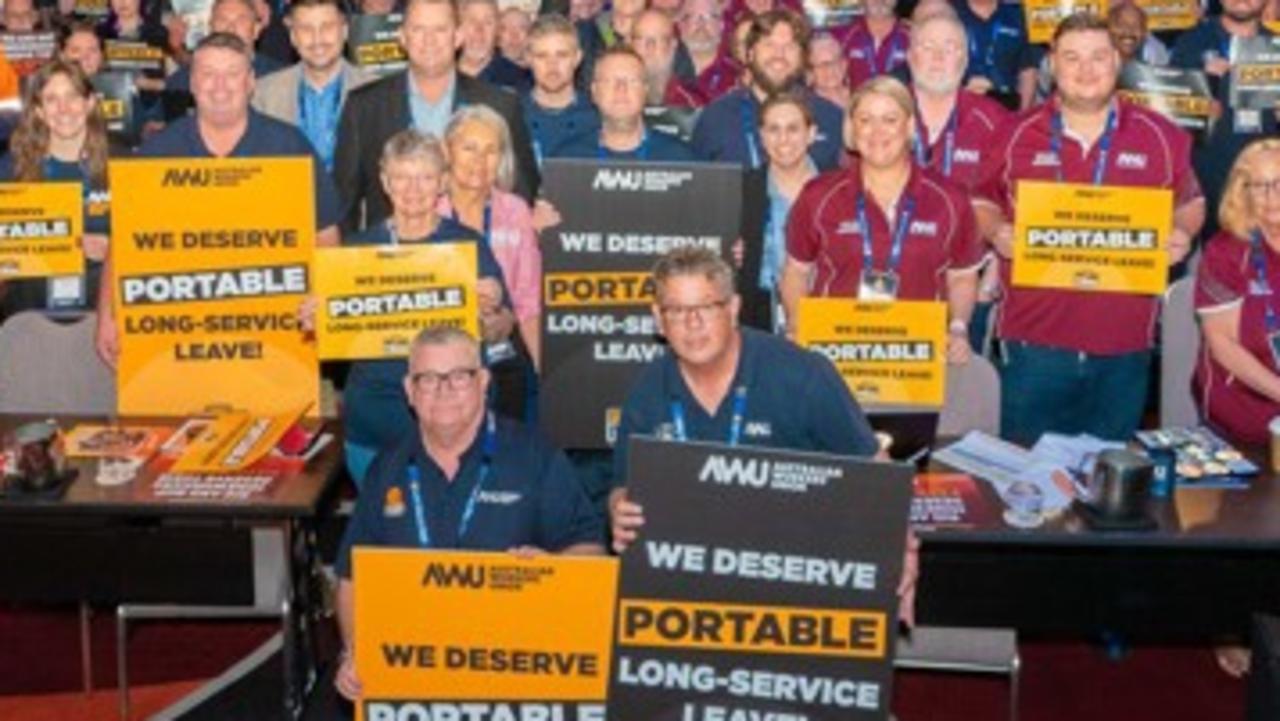Recruiters reveal: Is it ever OK to lie in a job interview?
You probably shouldn’t fake your qualifications, but what if the interviewer asks why you left your last employer?

Careers
Don't miss out on the headlines from Careers. Followed categories will be added to My News.
CAREERS’ panel of expert recruiters answers a reader’s question each week. Have a question? Email careers_qs@news.com.au
“Is it ever OK to lie in a job interview?”
Hays director Lisa Morris:
We don’t recommend lying in a job interview.
You run the risk of being caught out later, which would be embarrassing and might damage your professional relationships.
Workplaces function best when people are honest because of the trust it builds among employees.
However, this doesn’t mean that you need to tell the interviewer all the details about why you’re looking for a new role.
Avoid focusing on what you dislike about your current role or workplace.
If asked about why you’re looking to leave, frame your response in a way that demonstrates your willingness to develop your career and your long-term goals.
Perhaps you could speak about how you’re looking to use particular skills to benefit an employer, for instance, or would like to return to a workplace with a certain type of culture that brings out the best in you.
For example, “I’ve learned a great deal from my current employer, but I’m keen to work in a more collaborative environment where I can apply my skills to achieve more success. Having read the job description, I believe I will be able to provide genuine value in X, Y and Z areas here.”

Sullivan Consulting managing director Andrew Sullivan:
I would never advise to lie in a job interview as the interview is a chance to ensure a good fit for both the employer and candidate. Lying undermines that relationship-building process. Lying is also extremely risky, as if you are found out to be lying it may cause irreparable damage to the trust your employer has in you.
Anticipate what questions may come up during the interview and prepare answers which are truthful but also reflect well on you.
An answer is only difficult when you haven’t prepared for it!

Hender Consulting executive consultant Justin Hinora:
Lying in an interview can be fraught with danger.
If your scaffolding of lies doesn’t correlate with reference checking, other thorough due diligence conducted or the interviewer’s detailed knowledge of the business and its stakeholders, then it could backfire dramatically and will reflect poorly on you.
It is okay to say things like “my values don’t align with the direction of the business” (instead of giving the exact reason you decided to leave your last employer).
There is nothing wrong with that. But avoid simply dumping on your employer, that is not good form either.

Stillwell Management Consultants head of organisational psychology consulting Alexandra Rosser:
It is best not to lie in a job interview as in most situations, the truth will eventually emerge anyway and where you might be compelled to lie, there is usually a way of presenting that information in an honest, factual and concise manner which does not reduce your desirability as an employee.
For example, if you left your previous employer because you disagree with their morals, you could simply say that you felt there was a difference in organisational values and your own values and you are seeking to work in a culture that feels like a closer fit.
You should not criticise your current employer particularly in an emotional fashion.
I would suggest focusing more on the “pull factors” of the role and organisation in which you want to work than the “push factors” causing you to leave your current role.

For more Careers news, advice and reader questions answered, visit adelaidenow.com.au/careers
Originally published as Recruiters reveal: Is it ever OK to lie in a job interview?




